“In the global classroom, two or more instructors will use technology platforms to deliver lectures for the students in both locations. And the students will work together as international teams to complete project work, jointly conduct research, or develop case studies informed by their unique experiences and perspectives.”
MUNK ONE STUDENTS BRING THEIR BIG IDEAS TO THE DRAGON’S DEN
On CBC’s reality TV show Dragon’s Den, entrepreneurs pitch their business ideas on national television, vying for financial investment from a panel of venture capitalists.
A first year course at the Munk School of Global Affairs is putting a more altruistic spin on the concept, challenging first year students to come up with ambitious ideas for solving global problems.
A “Community of Practice" to build teaching skills
Making climate agreements accountable to the world's most vulnerable communities
Experiential Learning Strategies
Localizing Global Governance
This month, I am teaching a University of Toronto course in Argentina that I have been organizing for the past year. The course is called: Localizing Global Governance. Follow our trip log here
http://uoft-argentina.blogspot.ca
Using Labs in Undergraduate Teaching of Global Affairs
Models for teaching global citizenship often limit themselves to conceptual analysis and passive methods for global knowledge acquisition. The Munk One Program I direct inverts these by deploying labs as experiential platforms... At the undergraduate level, we embed first year university students in policy research labs actively seeking new approaches in addressing wicked global problems.
Examples of Teaching Methods
In-Class Simulation on Neighbourhood Mapping
Groups of students huddled over game board grids that were covered by what might have been a random assortment of nickels and pennies... The coins represented two ethnic groups and students were examining how segregation could develop and how conflict potentially emerge, in what could be any number of cities across Canada or around the world...











